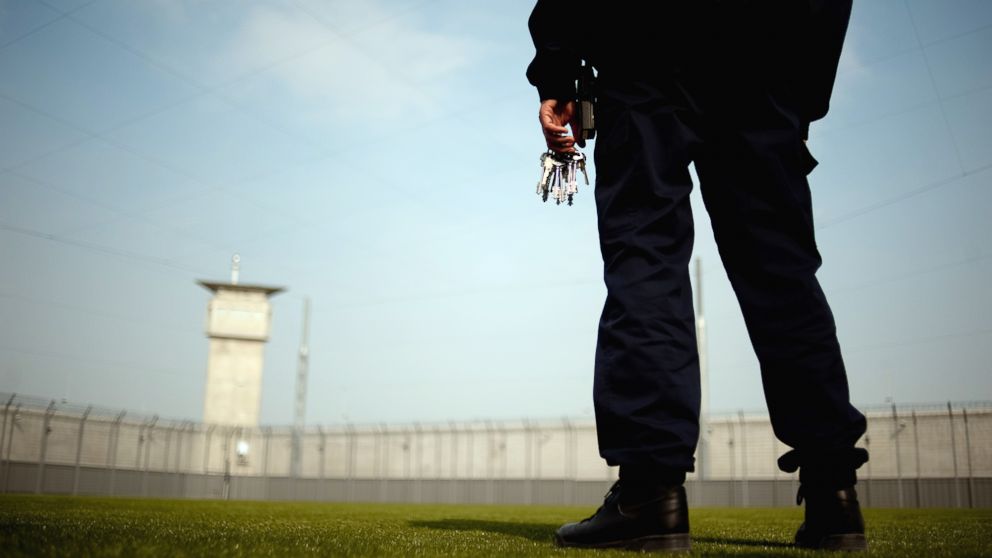Half of Sexual Abuse Claims in American Prisons Involve Guards, Study Says
Sex abuse in jails on the rise, but few perpetrators prosecuted, study shows.

Jan. 26, 2014— -- Allegations of sex abuse across the country's prisons are on the rise, with nearly half of cases allegedly being perpetrated by guards, according to a new study conducted by the Justice Department.
The new Bureau of Justice Statistics report documented more than 8,763 allegations of prisoner sexual victimization between 2009 and 2011, which they say is an 11 percent increase over the number of allegations documented in a report covering 2007-08.
The study found 49 percent of the unwanted sexual misconduct or harassment involved prison staff as perpetrators, in acts ranging from verbal sexual harassment to the most serious nonconsensual sexual penetration.
Allen Beck, a Justice Department statistician and the study's co-author told ABC News the increased reporting may not necessarily a reflection of an actual increase in the incidence of sexual victimization, but could in part be attributed to the Prison Rape Elimination Act (2003), which is being implemented across the country after final regulations for the act were issued in May 2012.
"It's reasonable to believe that some of the increase may be related to the greater attention being paid to the issues as well as the better recording and reporting procedures to us," Beck said.
The Act forces prisons to comply with standards geared toward reducing the incidence of rape and sexual victimization, a key component being the provision of multiple channels for inmates to report abuse, including the option to contact an outside entity. Facilities will also be audited for compliance with the legislation.
Previously, finding the appropriate channels to report abuse could be considered more daunting for inmates, especially if they had to be made intra-institutionally to someone working within the prison's chain of command.
Bradley W. Brockmann, executive director of The Center for Prisoner Health and Human Rights at Brown University told ABC News that although the study showed there was a rise in the number of reports of sexual abuse, those cases represented a minute fraction of the "extraordinary sexual victimization that goes on daily."
"The biggest challenge here is that prisons are closed doors," said Brockmann, who is also a civil rights attorney. "What happens behind those walls generally stays behind them. For somebody to speak out takes immense courage."
Brockmann said that often when prisoners do speak out, they fear retaliation from the correctional officers.
"Ultimately unless there are witnesses -- which is rare -- it's going to come down to the word of the prisoner versus officer," he said.
This aligns with the study's findings, which revealed that only 10 percent of sexual abuse claims were investigated and substantiated by officials, the rest being dismissed as "unfounded" or "unsubstantiated."
Of those substantiated cases, 84 percent of female staff-on-inmate sexual contact "appeared to be willing," compared with 37 percent of cases allegedly perpetrated by male staff, despite clear laws prohibiting any form of sexual contact between inmates and staff.
Brockmann, attributes some of those numbers to "the extraordinary vulnerability of particularly female prisoners, a disproportionate number of whom have also been victims of sexual, emotional physical abuse since childhood.
"It doesn't take a lot of coercion to result in what might appear to be consensual act, even though no sex behind bars between staff and inmate can be consensual," he said.




